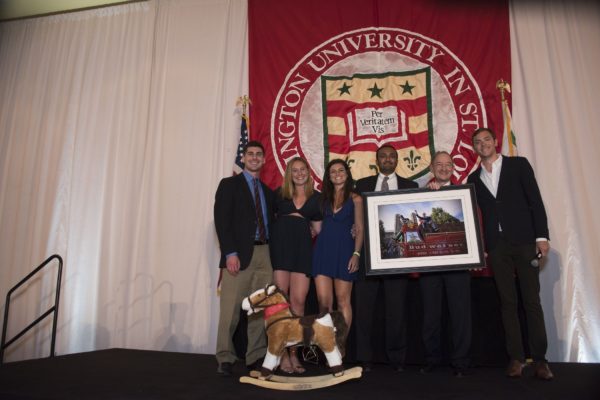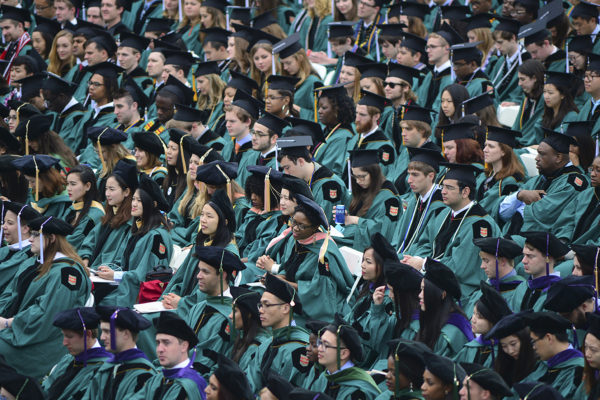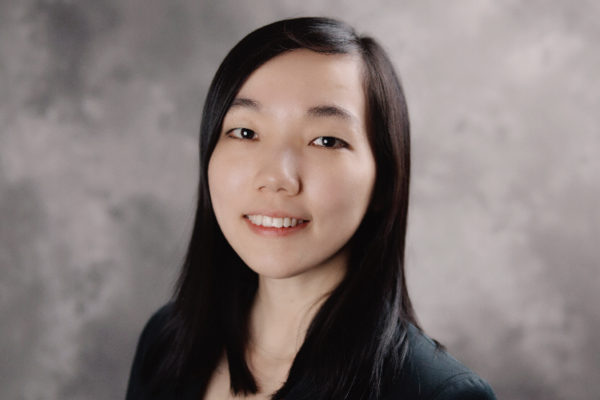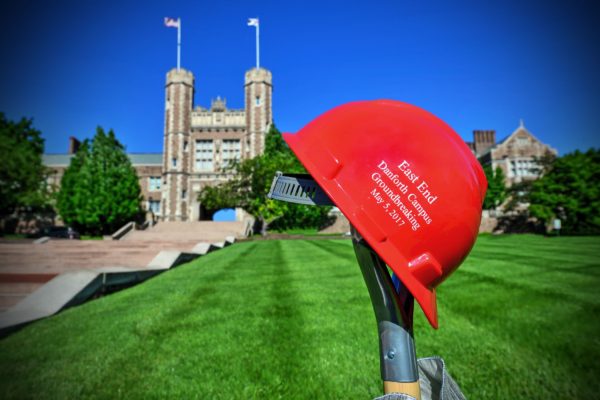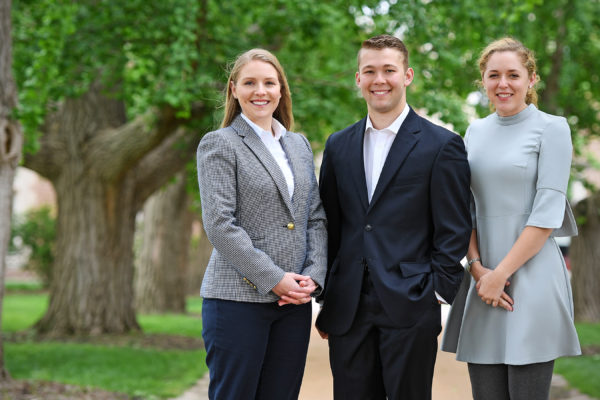Senior Class President Reid Petty passes down his love of Washington University culture
Senior Class President Reid Petty has spent his time at Washington University making sure his classmates enjoy their experience. The Olin student will address fellow graduates at Commencement on Friday, May 19, sharing about what made this place special for him.
Speakers lined up for schools’ Commencement ceremonies
More than a dozen distinguished speakers will take part in Commencement-related events for Class of 2017 graduates and their families and guests this week at Washington University in St. Louis.
WashU Expert: Preventing WannaCry, other ransomware attacks
The newest computer ransomware to hit on a global scale first appeared late last week. Dubbed “WannaCry,” the malware attacks computers, then demands a ransom in Bitcoin to regain the ability to access files. A cybersecurity expert at Washington University in St. Louis says programmers were aware of the potential trouble months ago, but playing catch-up to remedy the problem is difficult.
STEM students who learn by example may miss key concepts
No matter how smart, well-prepared or hard-working, many college students struggle with rigorous introductory science courses because their approach to learning fails to provide a working knowledge of abstract concepts that underlie examples presented in the classroom, suggests new research from Washington University in St. Louis.
Class Acts: Designing for the social good
Architect and urban designer Anu Samarajiva is deeply attuned to the particularity of place and to the ways social networks shape our experience of the built environment. She graduates wanting to help people think about how social, political and economic systems impact their lives.
Graduate student speaker Wei Zhu adds a JD to her PhD and MBA
With a master’s degree in statistics, a PhD in chemical engineering, an MBA and, soon, a JD from Washington University School of Law, Wei Zhu is clearly brilliant. But also, perhaps, a little crazy? “Oh yes,” Zhu said with a laugh. “I am definitely crazy.” She will serve as the graduate student speaker at Commencement on May 19.
Researchers to model brain’s memory network
Washington University in St. Louis brain scholars will join teams from four other universities in a five-year, $7.5 million research project that aims to build and test the most comprehensive model yet of how people understand and remember events.
Beginning the east end transformation
Washington University in St. Louis is embarking on a major transformation of the east end of its Danforth Campus. A ceremonial groundbreaking was held May 5 to recognize the generous donors who made the project possible and to mark the planned start of construction May 22.
Civil unrest in Ferguson from the eyes of older citizens
A new study by Nancy Morrow-Howell, a leading gerontologist at the Brown School, shows that issues related to safety were of highest concern to Ferguson’s older citizens following the social unrest that gripped the city in August, 2014.
Class Acts: At the intersection of business and sustainability
Three students arrived at Washington University in the fall of 2013 with a desire to do something to help the environment. This month, sustainability champions Nick Annin, Elise Fabbro and Nicola Salzman graduate and are poised to fight the globe’s most pressing problem with a powerful tool: the free market.
View More Stories
